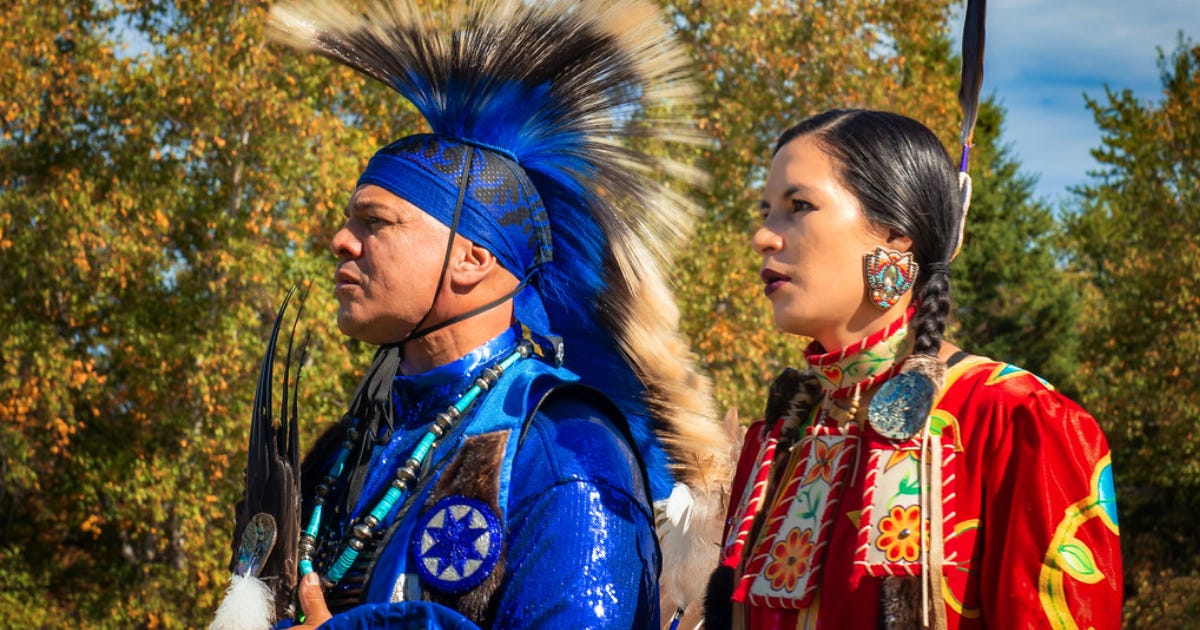Law professor urges end to Indigenous legal privileges
A Canadian law professor is advocating for an end to special legal rights for Indigenous people in Canada, citing that lineage-based privileges conflict with a free society and the rule of law.
A Canadian law professor is advocating for an end to special legal rights for Indigenous people in Canada, citing that lineage-based privileges conflict with a free society and the rule of law.
In a commentary published August 15 in the National Post, Bruce Pardy, a professor at Queen’s University, said Indigenous rights enshrined in the Constitution represent a return to outdated ideas where legal status depends on ancestry.
“Legal rights should not depend on lineage—Indigenous or otherwise,” Pardy wrote. “In a free country governed by the rule of law, Aboriginal rights should not exist.”
The piece comes amid recent court decisions highlighting tensions over Indigenous land claims and private property rights.
A British Columbia Supreme Court judge ruled last month that the Cowichan First Nation holds Aboriginal title over 800 acres of government land in Richmond, B.C.
The decision stated Aboriginal title is a “prior and senior right” to fee simple title, potentially overriding public or private ownership. If upheld on appeal, the ruling could threaten property security in areas with Aboriginal title claims, including B.C. and New Brunswick, Pardy said.
In a separate November decision, a New Brunswick King’s Bench judge suggested that successful Indigenous land claims might lead to government expropriation of private property to transfer it to Indigenous groups.
Pardy described these outcomes as logical extensions of Supreme Court of Canada jurisprudence on Indigenous law, which he said aligns with deeply held Canadian views on special status for Indigenous peoples under Section 35 of the Constitution.
Indigenous Canadians have the same rights as other citizens but also access exclusive benefits, such as treaty rights, tax exemptions, reserved positions in governance and institutions, and specialized criminal sentencing.
However, Pardy argued this system has not benefited most Indigenous people, instead enriching elites who manage government funds.
He cited critics like former Mount Royal University professor Frances Widdowson, who attribute persistent social challenges in Indigenous communities to an “Aboriginal industry” of leaders, consultants and bureaucrats with vested interests in maintaining the status quo.
“Aboriginal property is a group right controlled by Aboriginal leaders,” Pardy wrote. “Individual Indigenous people do not own plots of land on reserves or on lands subject to Aboriginal title.”
Drawing historical parallels, Pardy compared Canada’s situation to invasions in Britain, where Romans, Saxons and Normans eventually blended into a unified legal system without differentiated rights based on descent.
“Invasion, migration and mixing is the history of humanity,” he said. “Today, British law does not have different rights for descendants of Romans, Saxons and Normans. The people are British.”
Pardy acknowledged the conquest of Canadian territories by British and French settlers, who overwhelmed existing cultures through numbers and technology.
Many treaties, he said, were efforts to make the best of difficult circumstances, while unsurrendered lands were still incorporated into the new nation.
But with generations passed and cultural mixing, Pardy urged rejecting lineage-based rights.
“We are all Canadian citizens mixed together,” he wrote. “It’s time to reject the idea that legal rights depend on lineage. In a free country, laws apply not to distinctive peoples, but to people.”
Pardy, who teaches constitutional and environmental law at Queen’s, has previously written on property rights and rule of law issues.





A professor at a university that isn't woke?!? How refreshing!
I agree we are all Canadians.